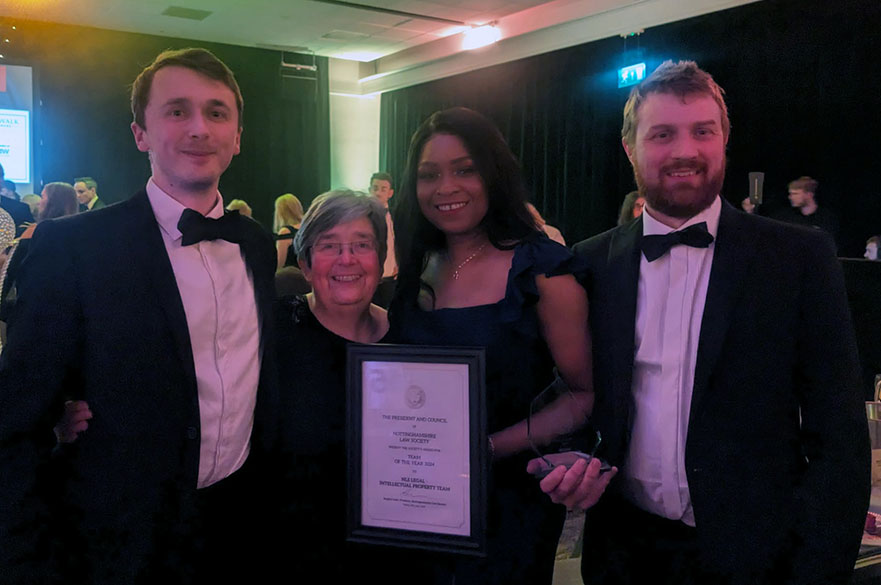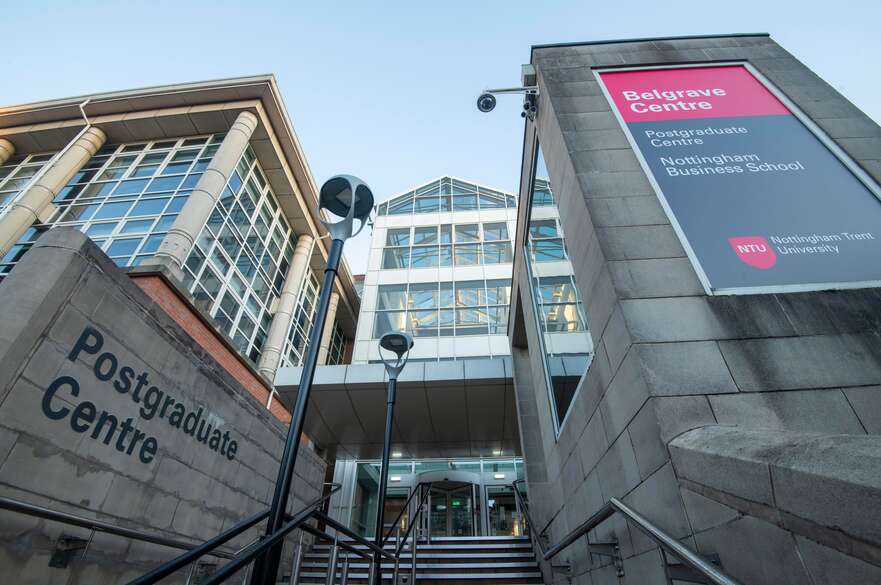New parents who express breastmilk are marginalised by health advice, study shows
Wellbeing of new parents is being potentially negatively impacted due to the emphasis placed on direct breastfeeding, a study shows.

New parents who express breastmilk are marginalised by health advice, study shows
Wellbeing of new parents is being potentially negatively impacted due to the emphasis placed on direct breastfeeding, a study shows.
Research by Dr Laura Coffey-Glover, an expert in linguistics at Nottingham Trent University, has found that women who use expressed breastmilk to feed their babies are unnecessarily marginalised in some online healthcare advice.
Parents or carers can feed an infant with breastmilk that has been expressed by the mother – either by hand or pump – and saved for a later feed.
It is a common method of feeding which enables mothers and parents to return to work while allowing their babies to receive breastmilk. The technique can also enable mothers and parents to provide breastmilk to a baby which does not latch onto the breast.
But the study – which is published in Discourse, Context & Media journal – among a number of findings shows that some literature implies that mothers and parents who use expressed breastmilk may miss out on the same close relationship with their babies as those mothers and parents who direct breastfeed.
The research examined various online infant feeding advice materials, with a particular focus on literature produced by La Leche League Great Britain (LLLGB) and the UK National Health Service (NHS).
Examples cited in the research include:
- “Breastmilk is not just about getting food into a baby, it is part of the mothering relationship. It is the natural way to be close to a baby and helps with bonding.” (La Leche League)
- “..breastfeeding can build a strong emotional bond between you and your baby.” (NHS)
“New mothers and parents can feel like failures if they do not exclusively direct breastfeed,” said Dr Coffey-Glover, of the School of Arts and Humanities.
“There is no evidence to suggest that the way someone feeds their baby can determine how close the relationship between them is. Statements such as this are reductive for mothers and parents and marginalise other caregivers too.
“Our research clearly shows that some advice implies that using expressed breastmilk is ‘second best’ to the ‘ideal’ of direct breastfeeding.
“Instead it should be recognised that expressed breastmilk is a legitimate feeding option, with all the same nutritional benefits of direct breastfeeding.
“Parents who make the decision to use expressed breastmilk – either partially or exclusively - can be left feeling unsupported, and this should be changed.”
Research Fellow Victoria Howard, who co-authored the study, of University of Nottingham, said: “We need a recognition of expressed breastmilk as a form of breastfeeding, and a better understanding of the linguistic and cultural practices associated with it, including how infant feeding advice is negotiated by healthcare professionals and new parents.”
-
Notes for editors
Press enquiries please contact Chris Birkle, Public Relations Manager, on telephone +44 (0)115 848 2310, or via email.
Nottingham Trent University (NTU) has been named UK ‘University of the Year’ five times in six years, (Times Higher Education Awards 2017, The Guardian University Awards 2019, The Times and Sunday Times 2018 and 2023, Whatuni Student Choice Awards 2023) and is consistently one of the top performing modern universities in the UK. It is the 3rd best modern university in the UK (The Times and Sunday Times Good University Guide 2023).
NTU is the 5th largest UK institution by student numbers, with over 40,000 students and more than 4,400 staff located across five campuses. It has an international student population of almost 8,000 and an NTU community representing over 160 countries.
NTU owns two Queen’s Anniversary Prizes for outstanding achievements in research (2015, 2021). The first recognises NTU’s research in science, engineering, arts and humanities to investigate and restore cultural objects, buildings and heritage. The second was awarded for research on the safety and security of global citizens.
The Research Excellence Framework (2021) classed 83% of NTU’s research activity as either world-leading or internationally excellent. 86% of NTU’s research impact was assessed to be either world-leading or internationally excellent.
NTU is rated 5/5 stars overall and for Teaching, Employability, Internationalisation, Research and Facilities (QS Stars 2022).
NTU is a top five university for widening participation with 25% of NTU students coming from disadvantaged backgrounds (HESA 2021-22). It was the first UK university to sign the Social Mobility Pledge in 2018 and was named ‘University of the Year’ at the UK Social Mobility Awards in 2019,
NTU is the most sustainable university in the UK and 2nd in the world (UI Green Metric University World Rankings, 2022).
- Category: Press office; Research; School of Arts and Humanities


